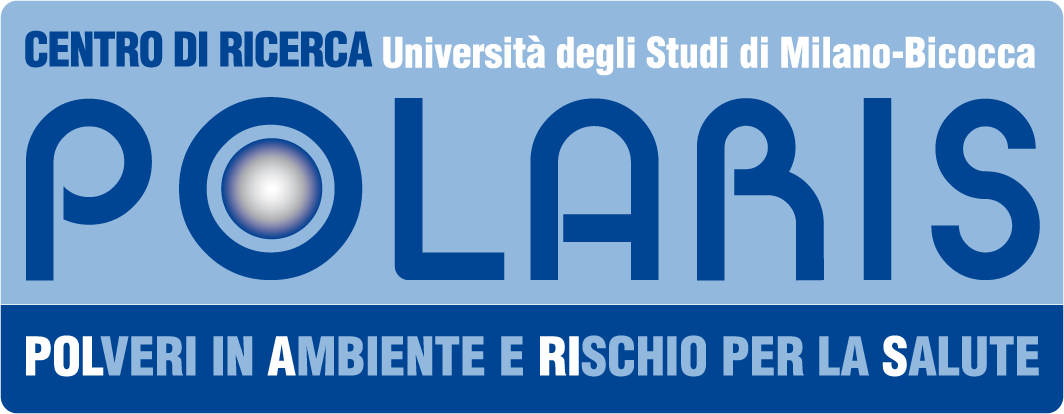BIOLOGICAL EFFECTS AND HUMAN IMPACTS OF ULTRAFINE PARTICLES SOURCES
Cariplo Foundation (2014-2015)
Principal Investigator: Professor Marina Camatini
Ultrafine particles (UFP) are a fraction of particulate matter (PM), with specific reactivity in terms of inflammation, oxidative potential, efficiency of pulmonary deposition and the possibility of translocation. Epidemiological studies demonstrate that UFP promote vasoconstriction and the increase in blood pressure and cardiac ischemia, but the mechanisms of these damages are still unknown. UFP chemical-physical properties change according to the source of emission, in the Region Lombardy, mainly represented by combustion processes, in particular diesel propulsion of vehicles and biomass burning.
This project will be focused on the study of the biological effects and the molecular mechanisms of UFP produced by this two sources of emission. Subsequently experimental analyzes will be performed (in vitro and in vivo) and clinical studies (on a population exposed). The comparison of experimental and clinical results help to explain the correlation between UFP exposure and increased pulmonary and cardiovascular diseases, and identify possible markers of exposure.
Research Groups:
Department of Earth and Environmental Sciences (DISAT) – UNIMIB. Research group: Polaris Centre, Cell Biology. Person in charge: Marina Camatini.
Department of Health Sciences (DISS) – UNIMIB. Research group: Department of Physiology and Biochemistry. Person in charge: Paola Palestini.
ENEA – Territorial Technical Unit of Saluggia (UTTS). Person in charge: Maurizio Gualtieri.
Department of Medical Biotechnology and Translational Medicine (BIOMETRA) – UNIMI. Research group: Molecular Medicine. Person in charge: Cristina Battaglia.
Also involved in the project: Innovhub and Università of Cassino




